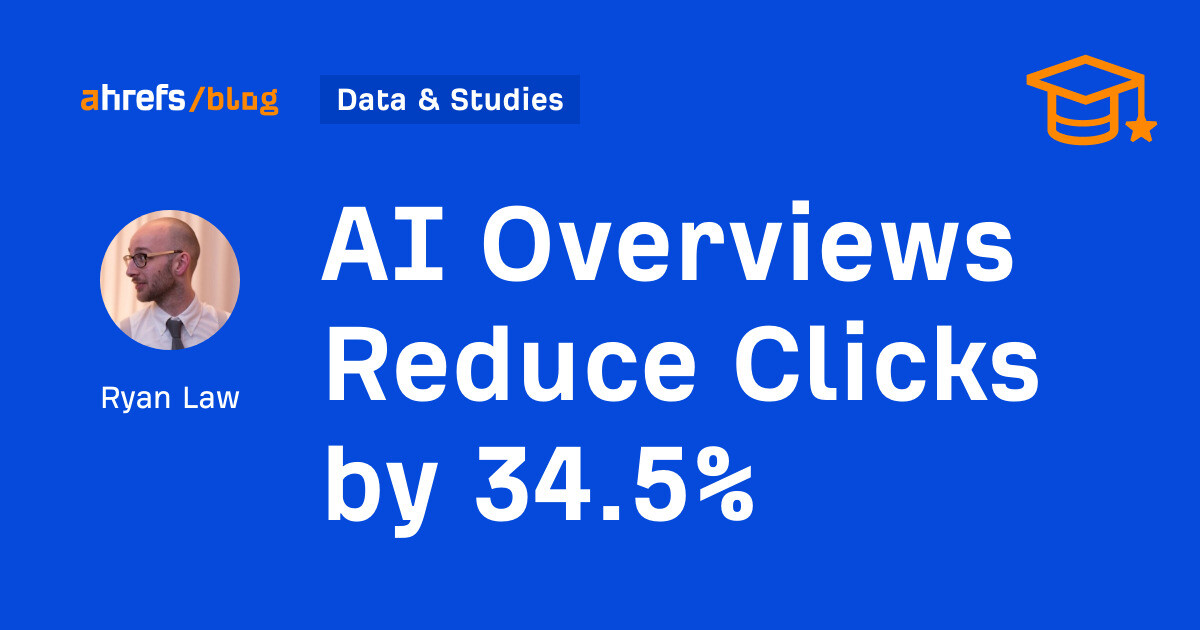Google’s John Mueller: Updating XML Sitemap Dates Doesn’t Help SEO via @sejournal, @MattGSouthern
XML sitemap date manipulation won't improve SEO, says Google's John Mueller. Learn why this common tactic wastes resources and what to do instead. The post Google’s John Mueller: Updating XML Sitemap Dates Doesn’t Help SEO appeared first on Search...

XML sitemap date manipulation won't improve SEO, says Google's John Mueller. Learn why this common tactic wastes resources and what to do instead.
Google confirms that automatically setting current dates in XML sitemaps provides no ranking benefit. Sitemap dates should only be updated when actual content changes. Google can easily identify and ignore manipulated sitemap dates.
Google’s John Mueller clarifies that automatically changing XML sitemap dates doesn’t boost SEO and could make it harder for Google to find actual content updates.
The “Freshness Signal” Myth Busted
On Reddit’s r/SEO forum, someone asked if competitors ranked better by setting their XML sitemap dates to the current date to send a “freshness signal” to Google.
Mueller’s answer was clear:
“It’s usually a sign they have a broken sitemap generator setup. It has no positive effect. It’s just a lazy setup.”
The discussion shows a common frustration among SEO pros. The original poster was upset after following Google’s rules for 15 years, only to see competitors using “spam tactics” outrank established websites.
When asked about sites using questionable tactics yet still ranking well, Mueller explained that while some “sneaky things” might work briefly, updating sitemap dates isn’t one of them.
Mueller said:
“Setting today’s date in a sitemap file isn’t going to help anyone. It’s just lazy. It makes it harder for search engines to spot truly updated pages. This definitely isn’t working in their favor.”
XML Sitemaps: What Works
XML sitemaps help search engines understand your website structure and when content was last updated. While good sitemaps are essential for SEO, many people misunderstand the impact they have on rankings.
According to Google, the lastmod tag in XML sitemaps should show when a page was truly last updated. When used correctly, this helps search engines know which pages have new content that needs to be recrawled.
Mueller confirms that faking these dates doesn’t help your rankings and may prevent Google from finding your real content updates.
What This Means for Your SEO
Mueller’s comments remind us that while some SEO tactics might seem to improve rankings, correlation isn’t causation.
Sites ranking well despite questionable methods are likely succeeding due to other factors, rather than manipulated sitemap dates.
For website owners and SEO professionals, the advice is:
Keep your XML sitemaps accurate Only update lastmod dates when you change content Focus on creating valuable content instead of technical shortcuts Be patient with ethical SEO strategies – they provide lasting resultsIt can be frustrating to see competitors seemingly benefit from questionable tactics. However, Mueller suggests these advantages don’t last long and can backfire.
This exchange confirms that Google’s smart algorithms can recognize and eventually ignore artificial attempts to manipulate ranking signals.
Featured Image: Keronn art/Shutterstock
SEJ STAFF Matt G. Southern Senior News Writer at Search Engine Journal
Matt G. Southern, Senior News Writer, has been with Search Engine Journal since 2013. With a bachelor’s degree in communications, ...

 Koichiko
Koichiko 































